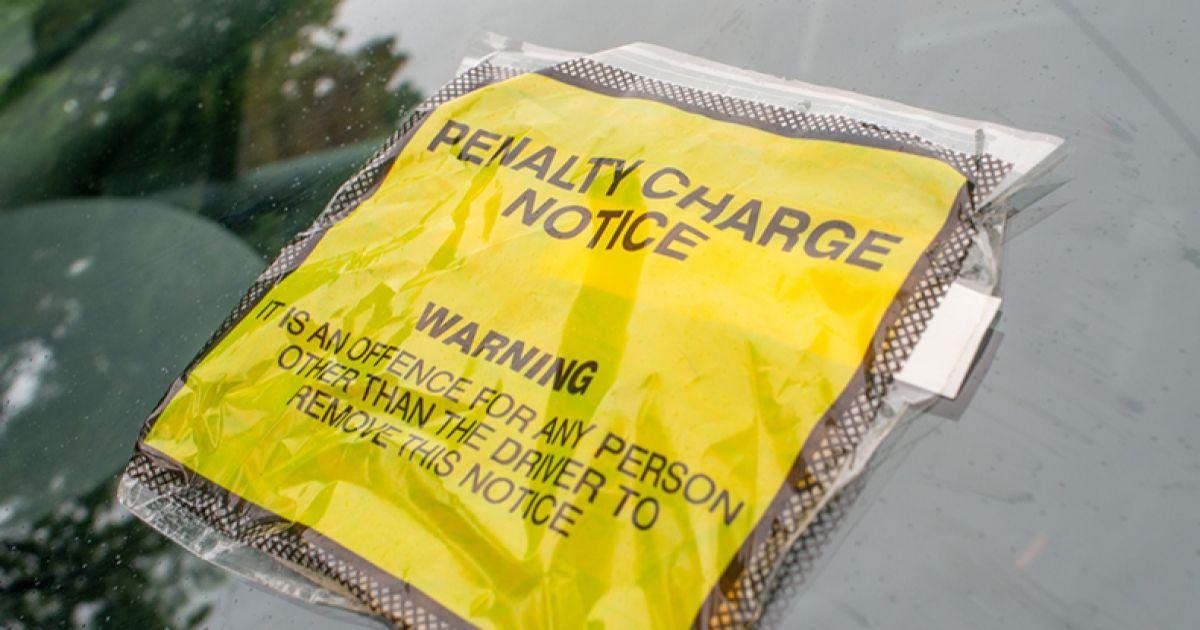Is fixed penalty a 'fair and just' system to have?

Fixed Penalty Notices
In recent years, there has been a growing concern about the use of fixed penalty notices as a tool for enforcing regulations and laws. Fixed penalty notices (FPNs) are an increasingly popular tool used by local authorities and law enforcement agencies to enforce a range of regulations, from littering to parking violations. However, the use of FPNs has been criticised for being discriminatory towards low-income families. This report aims to examine the institutional discrimination towards poor and middle-income families by implementing fixed penalty notices.
The fairness of fixed penalties is a matter of debate. Some argue that fixed penalties are fair because they provide a swift and efficient way of dealing with minor offenses, and they apply equally to all offenders regardless of their background or socio-economic status. However, others argue that fixed penalties are unfair because they can disproportionately affect low-income families who may struggle to pay the fixed amount, while wealthy individuals may be able to pay the penalty with ease. Additionally, fixed penalties may not take into account individual circumstances and may not be flexible enough to consider extenuating circumstances. Therefore, the fairness of fixed penalties depends on individual perspectives and can be subjective.
The use of FPNs
Fixed penalty notices are used as a way of enforcing regulations without going through the courts. They are intended to provide an efficient and cost-effective way of dealing with minor offences. FPNs can be issued for a variety of offences, including parking violations, littering, and anti-social behaviour. They are typically issued by a range of organisations, including local authorities, the police, and other public bodies.
Institutional discrimination
Institutional discrimination refers to the ways in which policies and practices of organisations and institutions discriminate against certain groups of people. The use of FPNs can be seen as an example of institutional discrimination, as they disproportionately affect low-income families. The reason for this is that FPNs are typically set at a fixed rate, which can be a significant financial burden for families on low incomes.
The impact on low-income families
The impact of FPNs on low-income families can be severe. For example, if a family is issued with an FPN for littering, they may be required to pay a fine of £100. For a family on a low income, this can be a significant amount of money, which they may struggle to afford. If they are unable to pay the fine, they may face further penalties, such as court proceedings or bailiffs.
In contrast, for wealthy individuals, the financial impact of an FPN is likely to be much less significant. A fine of £100 may be a small inconvenience, but it is unlikely to have a significant impact on their finances.
Alternatives to FPNs
There are alternatives to the use of FPNs, which could reduce the impact on low-income families. For example, local authorities could adopt a more flexible approach to fines, based on the individual circumstances of the offender. They could also consider alternative penalties, such as community service or education programmes. If a financial penalty is deemed necessary, the authorities could consider imposing an equal percentage of earnings from all offenders, thereby deterring everyone equally, including those in wealthy societies.
Conclusion
In conclusion, the use of FPNs can be seen as an example of institutional discrimination against low-income families. The fixed rate of the fines can be a significant financial burden for families on low incomes, while wealthy individuals are likely to be less affected. Local authorities and law enforcement agencies should consider alternative approaches to enforcing regulations, which take into account the financial circumstances of individuals, in order to reduce the impact on low-income families.
In my view, the use of fixed penalties should be illegal because it goes against the values of human rights and the principle of equal deterrence for equal offenses. Fixed penalties are not effective in deterring all sections of society equally. Therefore, the court should take suo moto action and put a stop to this discrimination.
- Political Leaders
- Art & Crafts
- Dance & Music
- Sanatan Dharma
- Education & Training
- Food & Drinks
- Gaming
- Health & Fitness
- Home & Gardening
- Literature & Culture
- Love
- Medicine & Ayurveda
- Motors & Vehicles
- Movies & Cinema
- Parenting
- Politics
- Science & Technology
- Shopping
- Social Media
- Spirituality
- Sports
- War & History
- Yoga & Meditation
- Travel & Tourism
- Natural Disaster
- Business & Startups
- DIY & Home Decor
- Finance
- Personal
- News
- Pet Lovers
- Wild Life & Nature
- Podcast & Audio Books
- Poetry
- Law & Order
- Moral Stories
- Jokes & Humour
- Other

